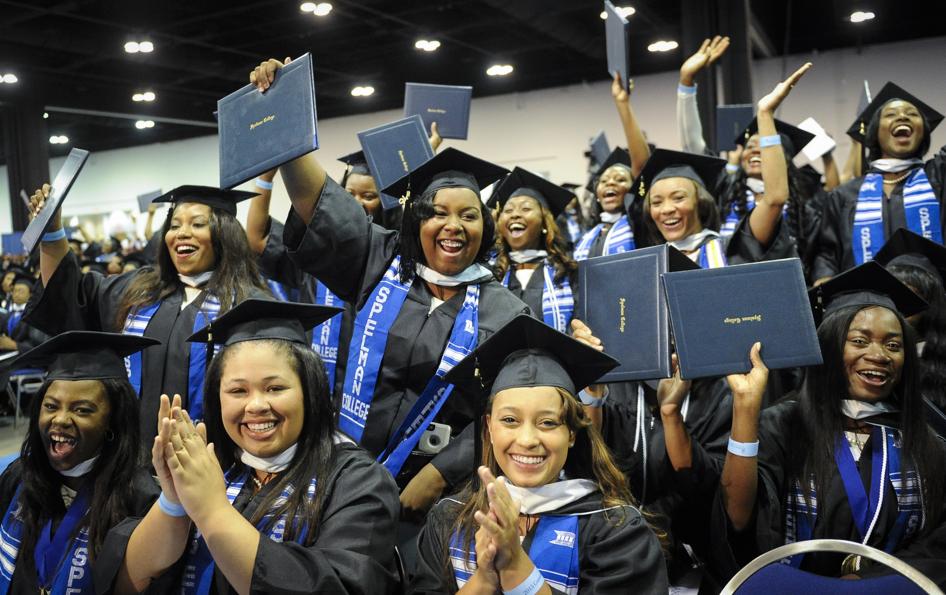The Higher Education Act of 1965 defines an HBCU as “any historically black college or university that was established prior to 1964, whose principal mission was, and is, the education of black Americans, and that is accredited by a nationally recognized accrediting agency or association determined by the Secretary (of Education) to be a reliable authority as to the quality of training offered or is, according to such an agency or association, making reasonable progress toward accreditation.”
To qualify for the U.S. News ranking, an HBCU also must be an undergraduate baccalaureate-granting institution that enrolls primarily first-year, first-time students and must be a school that is currently part of the 2019 Best Colleges rankings.
If an HBCU is listed as unranked in the 2019 Best Colleges rankings, it is also listed as unranked in the HBCU rankings; see more details below.
In total, 80 HBCUs were eligible to be included on the list; 76 of those were ranked, and four were unranked. Among the 76 ranked HBCUs, schools that place in the top three-fourths display their individual ranks. The remaining ranked schools display the bottom quartile ranking range and are listed alphabetically. U.S. News used the same data in the HBCU rankings as those published and used in the 2019 edition of the Best Colleges rankings, except for the peer survey results that were based on a separate HBCU peer assessment survey.
The U.S. News rankings system rests on two pillars: quantitative and qualitative measures that education experts have proposed as reliable indicators of academic quality, and U.S. News’ view of what matters in education. The indicators used to capture academic quality fall into six categories: outcome measures, assessment by administrators at peer HBCUs, faculty resources, financial resources, student excellence and alumni giving. The indicators include input measures that reflect a school’s student body, its faculty and its financial resources, along with outcome measures – such as graduation rates and first-year student retention rates – that signal how well the institution educates students.
The HBCU rankings are based on mostly the same statistical indicators, but with different weights, as were used in the 2019 Best Colleges rankings for the schools in the Regional Universities and Regional Colleges categories. The following are detailed descriptions of the statistical indicators and weights that U.S. News used to measure academic quality among the HBCUs that were ranked.
[…] Source link […]
Comments are closed.
HBCU Rankings 2019: Top Black Colleges from U.S. News – HBCU Buzz










More Stories
15 Celebrities Who Graduated from Historically Black Colleges & Universities – EBONY
HBCUs will take center stage at awards show on Black News Channel – The Black Wall Street Times
Racist texts about slaves and ‘picking cotton’ sent to Black people as state AGs, colleges and police probe their origins – CNN